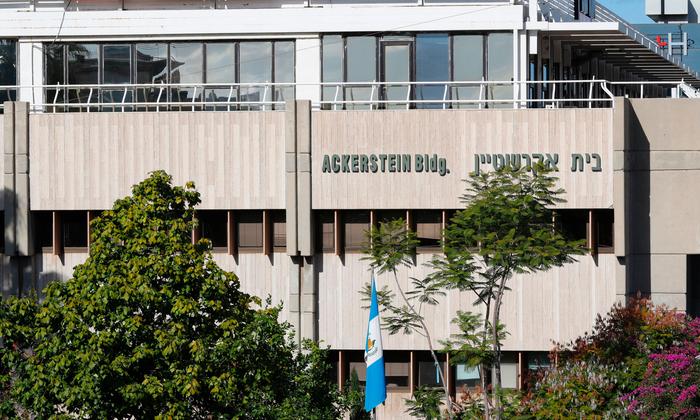GUATEMALA CITY–Guatemalan President Jimmy Morales said on Sunday he had given instructions to move the Central American country’s embassy in Israel from Tel Aviv to Jerusalem, a few days after his government backed the United States in its decision to move its embassy.
In a short post on his official Facebook account, Morales said he decided to move the embassy to Jerusalem after talking to Israeli Prime Minister Benjamin Netanyahu on Sunday.





